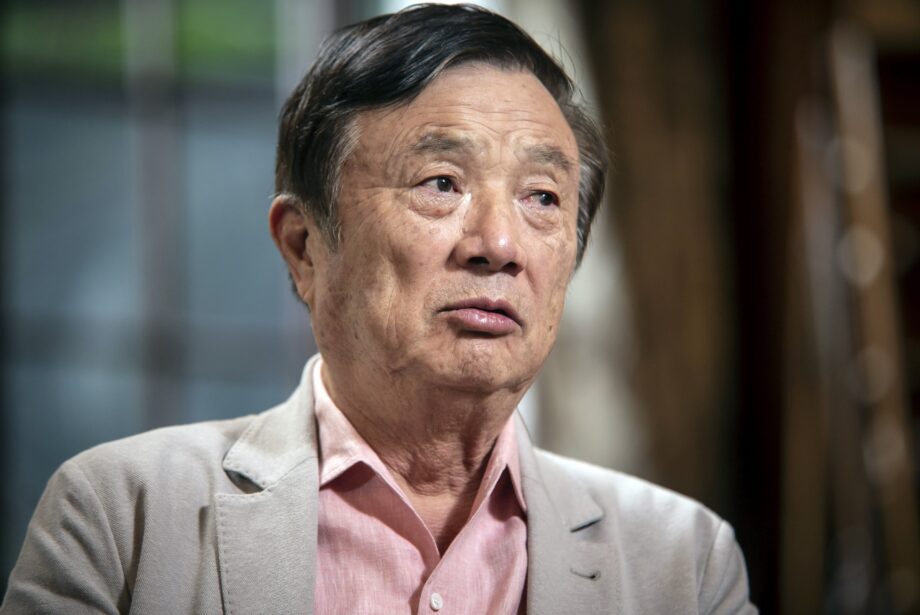- Blacklisted Chinese tech giant, Huawei Technologies Co., is covertly funding scientific research at U.S. universities through a nonprofit foundation.
- Huawei is the sole funder of a research competition administered by the Optica Foundation, awarding millions of dollars and attracting proposals from top U.S. universities despite restrictions.
- The foundation does not disclose Huawei as the funding source, maintaining confidentiality to avoid promotional implications.
- The funding arrangement raises concerns about national security, potential influence on research projects, and acquisition of intellectual property by Huawei.
- U.S. universities, including Harvard and USC, have researchers involved in the competition unaware of Huawei’s involvement, prompting scrutiny and calls for transparency.
Chinese Tech Giant Covertly Funding Scientific Research at U.S. Universities
In a surprising revelation, the blacklisted Chinese tech giant, Huawei Technologies Co., has been found to be clandestinely funding advanced scientific research at U.S. universities through a nonprofit organization based in Washington. Despite being barred by the U.S., Huawei has emerged as the sole financial supporter of a research competition that has been granting millions of dollars since its establishment in 2022. This funding initiative has attracted numerous proposals from scientists worldwide, including those from prestigious U.S. universities that have prohibited their researchers from collaborating with Huawei.
Huawei’s Secret Funding Strategy Revealed
The research competition, administered by the Optica Foundation—a branch of the nonprofit professional society Optica—focuses on light-related research, crucial for technologies like communications, biomedical diagnostics, and lasers. Astonishingly, the foundation is not obligated to disclose Huawei as the funding source or sponsor of the competition, maintaining a high level of confidentiality. This covert agreement between Huawei and the Optica Foundation underscores the lengths to which Huawei is willing to go to support international research despite facing multiple restrictions in the U.S. over espionage concerns.
Controversy Surrounding Huawei’s Involvement
Many applicants and university officials were unaware of Huawei’s backing until prompted by investigative inquiries, leading to a significant degree of surprise within the academic community. The sizable financial contribution from Huawei for this competition stands out among other opportunities listed on the Optica Foundation website, raising questions about the transparency of funding sources. While Huawei maintains that the collaboration aims to support global research and encourage academic discourse, critics argue that the secretive nature of the arrangement raises national security apprehensions.
Related Video

Implications and Ethical Concerns
The covert nature of Huawei’s involvement in funding cutting-edge research at U.S. universities has sparked concerns among research security specialists and university officials. The lack of transparency surrounding the financial support violates the principles of disclosure mandated by university and funding agency policies. Furthermore, the potential dual-use nature of the research, with applications in both defense and commercial sectors, adds another layer of complexity to the situation. Critics argue that Huawei’s undisclosed funding could enable the company to influence research agendas and potentially gain access to valuable intellectual property.
The revelation of Huawei’s covert funding of scientific research at U.S. universities through a nonprofit foundation has raised significant ethical and security concerns. The lack of transparency surrounding the financial support and the potential implications for academic research and national security warrant a closer examination of the practices and policies governing international research collaborations. As the debate around Huawei’s involvement in cutting-edge research continues, it underscores the importance of transparency, accountability, and ethical considerations in academic partnerships and funding arrangements.
Links to additional Resources: